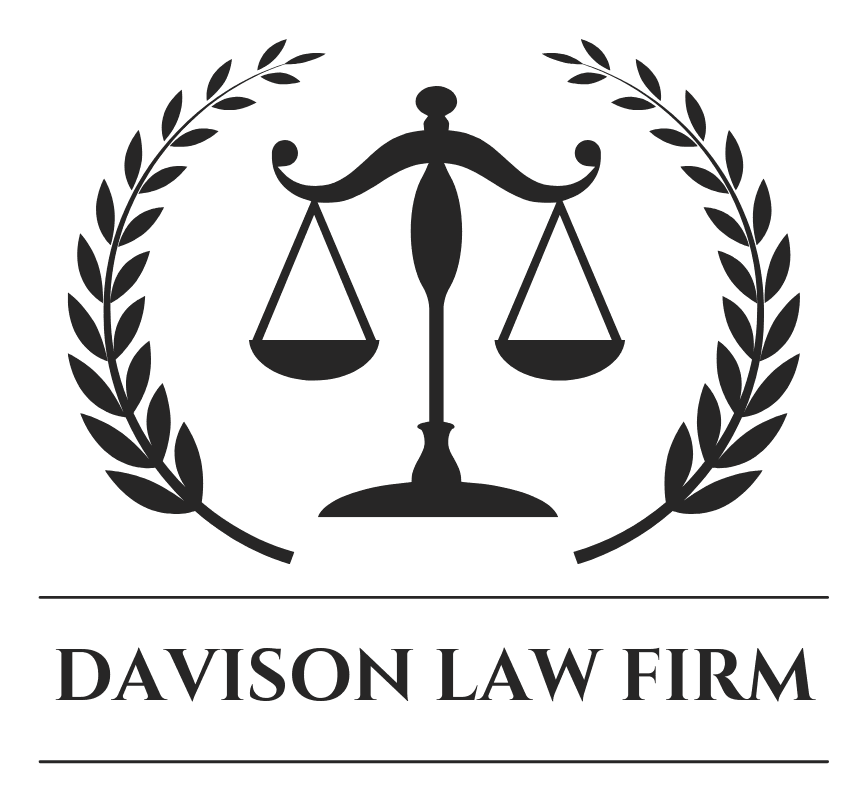Who Pays When the Shipper Disappears? The Hidden Risk Every Consignee Faces in Harms Farms Trucking v. Woodland Container

In the world of freight transportation, carriers often find themselves chasing payment after a shipper or broker defaults. A key legal question then arises: Can the consignee—the party receiving the goods—be held liable for the freight charges? The U.S. District Court for the District of Nebraska answered with a resounding “yes” in the case of Harms Farms Trucking, Inc. v. Woodland Container, et al., No. 4:05CV3185, 2006 WL 3780340 (D. Neb. Nov. 30, 2006).
The Facts
Harms Farms Trucking transported approximately 90 loads of pallets from Woodland Container (the shipper) to Kawasaki Motors Manufacturing Corp. U.S.A. (the consignee) in early 2005. Harms Farms was hired by Woodland and had no direct contract with Kawasaki. The bills of lading identified Woodland as consignor and Kawasaki as consignee—but critically, the bills were not marked “prepaid,” nor did they contain any language indicating that Harms Farms had already been paid.
After delivering the goods, Harms Farms was left unpaid for nearly $30,000 in freight charges. Woodland, already in financial trouble, issued a check that later bounced and was ultimately dissolved. Harms Farms had obtained a default judgment against Woodland but was left with no recovery. It then sued Kawasaki under theories of consignee liability, implied contract, and unjust enrichment.
The Holding
The court ruled in favor of Harms Farms, awarding $27,851.30—the amount Kawasaki had previously paid Woodland but which had never reached Harms Farms. The ruling reaffirmed a century of federal precedent: A consignee who accepts delivery of goods is liable to the carrier for the freight charges, even absent a direct contract.
The court emphasized that both consignor and consignee are legally liable for freight charges under federal common law unless the bill of lading or another agreement limits that liability. Here, the absence of any “prepaid” notation meant that Kawasaki assumed the risk when it paid Woodland instead of Harms Farms.
Estoppel Defense Rejected
Kawasaki argued that Harms Farms should be estopped from seeking payment because it failed to warn Kawasaki about Woodland’s insolvency. But the court rejected this, noting:
- Harms Farms had no duty to inform Kawasaki of Woodland’s financial state.
- There was no indication that Kawasaki relied on any misrepresentation or concealment.
- The bills of lading did not imply that Woodland had prepaid the freight.
The court distinguished this case from others where estoppel defenses succeeded—such as Campbell Soup Co. and Oak Harbor Freight Lines—because those cases involved clear “prepaid” notations on the bills of lading, which Kawasaki could not show here.
Practical Takeaways
- For Carriers: You can pursue the consignee for freight charges if the shipper defaults—especially when bills of lading are not marked "prepaid." Delivery and acceptance create legal liability.
- For Consignees: Paying the shipper doesn’t shield you from liability if the carrier goes unpaid. If you want to avoid double payment, insist on clear “prepaid” designations and consider verifying payment status with the carrier before accepting delivery.
The Harms Farms decision is a cautionary tale for consignees and a reaffirmation of carriers' rights under federal law. When a shipper disappears, the party who accepted the freight may still be on the hook—regardless of who cut the first check.
Need Help With Your Transportation Case?
Fill out the form below to request expert legal assistance. Please share as much details as possible so we can find a solution for your case.
Once you submit your information, we'll be in touch within 24 hours.
